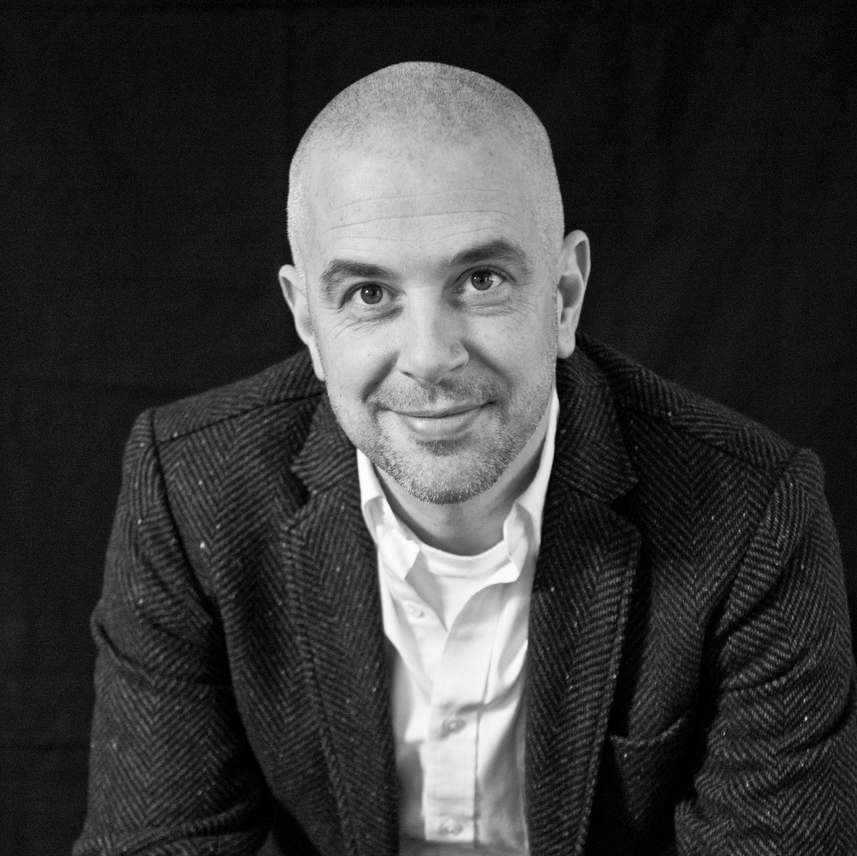 Managing Complexity and Unlocking Creativity
Managing Complexity and Unlocking Creativity
Upon meeting Mark Wallace, it is clear that he is an authentic person, husband, father and teacher. He has been an educator for 20 years, and currently teaches 3rd, 4th, and 5th grade students in the Continuous Progress program at Highlands Elementary. He is passionate about equipping students for success, and appreciates the opportunity to teach in a multi-age setting to get to know students and their families over a 5-year period.
About ten years ago, Mark’s personal life increased in complexity in the most natural way possible: he got married and he and his wife started a family. Fast forward a few years, and he and his wife now have four children. As their family was growing, Mark found his attention was not as easily focused as it once had been. When he would leave school, arrive home and his children would ask for his time, he found his regular response to be, “Yeah, but first I have to….” Over time, Mark realized that he was on autopilot. He didn’t feel truly engaged at home and would often bring his laptop home to answer emails or catch up on school work after dinner was finished. Mark realized this distraction was wearing on him emotionally and mentally, and that while he was at home physically, he was not truly present in the moment with his family. He decided to start researching.
As he began exploring productivity and how to increase it, he found David Allen’s “Getting Things Done: The Art of Stress-Free Productivity.” The book taught Mark how to instill new and different habits to be more productive by trying to keep less information in his memory. He started practicing the process from the book, and found that he was able to be more present at home. He also found that by downsizing the amount of information he was keeping in his head, he was able to think more creatively. Feeling an increase in capacity and clarity, he was able to apply himself to new projects.
As Mark found success with the new strategies, he became more aware of the same type of unfocused energy in his students. As he worked to unravel the mystery of helping his students in their academics, he started thinking about the differences and similarities between how he grew up compared to his students. Mark grew up in an analog world, when life was simpler, and there were far fewer distractions streaming in.
Mark started to think about how kids are experiencing the bombardment of information coming through digital devices at younger and younger ages. While he is careful to recognize that technology is not the culprit and can be extremely valuable, he believes that the constant stream of information can also be a barrier for students to access their creativity and/or the problem-solving parts of their brains. He believes that screen time limits can be a great tactic, but he wants to go further. Mark wants to arm students with helpful strategies they can use to recognize what is going on inside their brains when they are using technology, how it’s making them feel, and how to not only turn it off, but to access other parts of their minds. A new book he co-authored with David Allen and Mike Williams, titled “Getting Things Done for Teens,” captures what he has learned so far on his journey. Mark is excited to share what he found so valuable at TEDxEdina on October 13!
